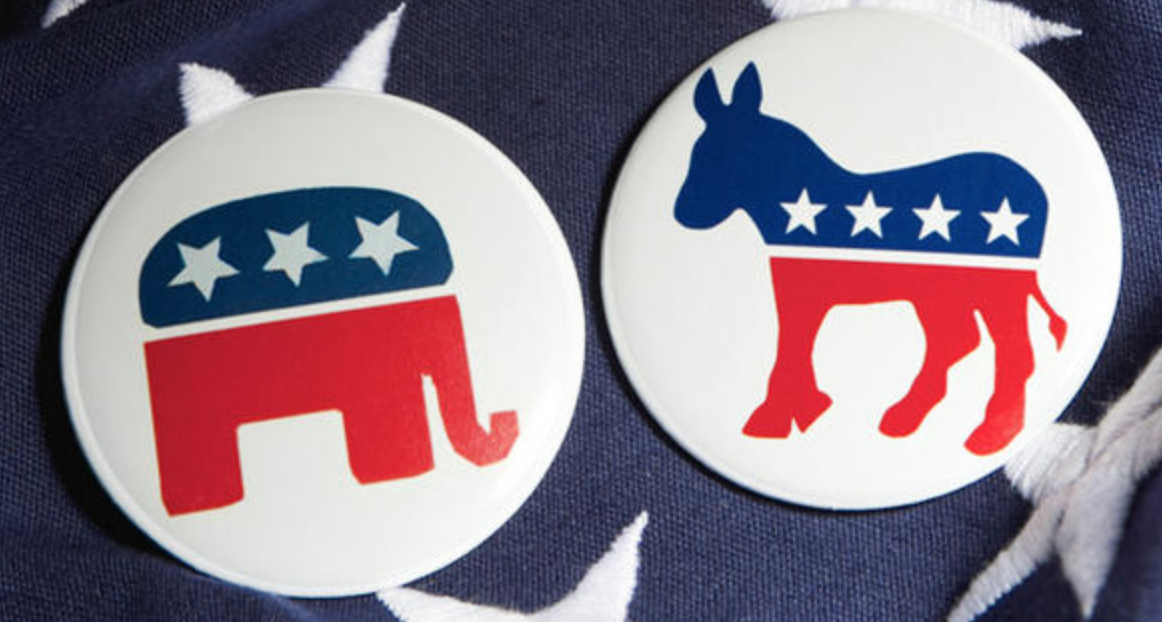By: Adam Hornbuckle
Political Columnist
It’s election season again and, unless you have been living under a rock, you have most definitely absorbed some amount of news regarding this seemingly unprecedented presidential election. News outlets covering this presidential election have been slinging stories left and right, so how is one to disseminate which news stories are credible and unbiased?
Media bias is prevalent in our society, especially in the world of politics. In politics, you are typically either on one side or another. The same goes for journalism outlets; this is called partisanship.
“There is no doubt about media bias, but today we have it from both the left and the right, eg. MSNBC vs. FOX,” said Michael Soupios, a professor in the department of political science. “This is what happens when a culture allows its standard of truth to become thin and watery.”
Traditionally, certain media outlets have been pegged as solidly Democrat or Republican. For example MSNBC, BuzzFeed and The New York Times have typically leaned left (liberal). Media outlets such as FOX News, Breitbart and the Wall Street Journal have consistently leaned right (conservative).
So how is a college student to figure out where to get unbiased, credible and non-partisan news? There is no easy answer.
Chris O’Connell, a sophomore film major, believes “to stay informed, it is our duty to assess news from as many outlets as possible and draw our own conclusions.” The responsibility lies in each individual’s own lap; if you want the truth you need to seek it.
This is where things get tiring. It’s hard to stay motivated in this daily hunt for the news, and most of us get fed up with the media altogether.
“I strongly [dislike] the media when it comes to political coverage,” said Dylan Silva, a junior business administration major. “I feel the media doesn’t do its job because all they do is rip on the political candidates vs. sharing what the candidate supports.”
What’s one example of media bias in this presidential election? A prime example is when Donald Trump picked his Vice-Presidential running mate, Indiana Governor Mike Pence, to join his ticket; MSNBC televised panels critiquing Pence, while Fox News showed Pence’s first rally.
In this example both outlets are covering the news, however in different fashions. MSNBC, the traditionally left-leaning outlet, is being critical of Pence while Fox, the traditionally right-leaning outlet, is depicting the celebration of this event.
Despite how minor examples of media bias may be, they certainly have wide-ranging effect. One of the most well known effects is the increasingly low trust rating of the media. A 2016 Associated Press poll found that a meager six percent of Americans polled in fact trust the media.
“Media bias; It’s not fair,” said Jesse Agbotse, a senior health science major. “In a capitalist economy like ours, there will be media conglomerates that will seek to take advantage of the opportunity to influence the population.”
Clearly, you may be thinking twice about the presidential election stories you have heard as of late, so let’s recap. First off, you should always assume that partisanship is everywhere, so be aware that all outlets are capable of pushing some sort of agenda. Secondly, checking multiple outlets and sources is a smart move; if two or three outlets are reporting the same story in the same fashion, chances are high that it’s less biased. And lastly, you should know that it’s okay to not trust the media—most clearly don’t!
Adam Hornbuckle will be acting as The Pioneer’s political columnist. Make sure to follow his weekly stories, in print or at liupostpioneer.com




Be First to Comment